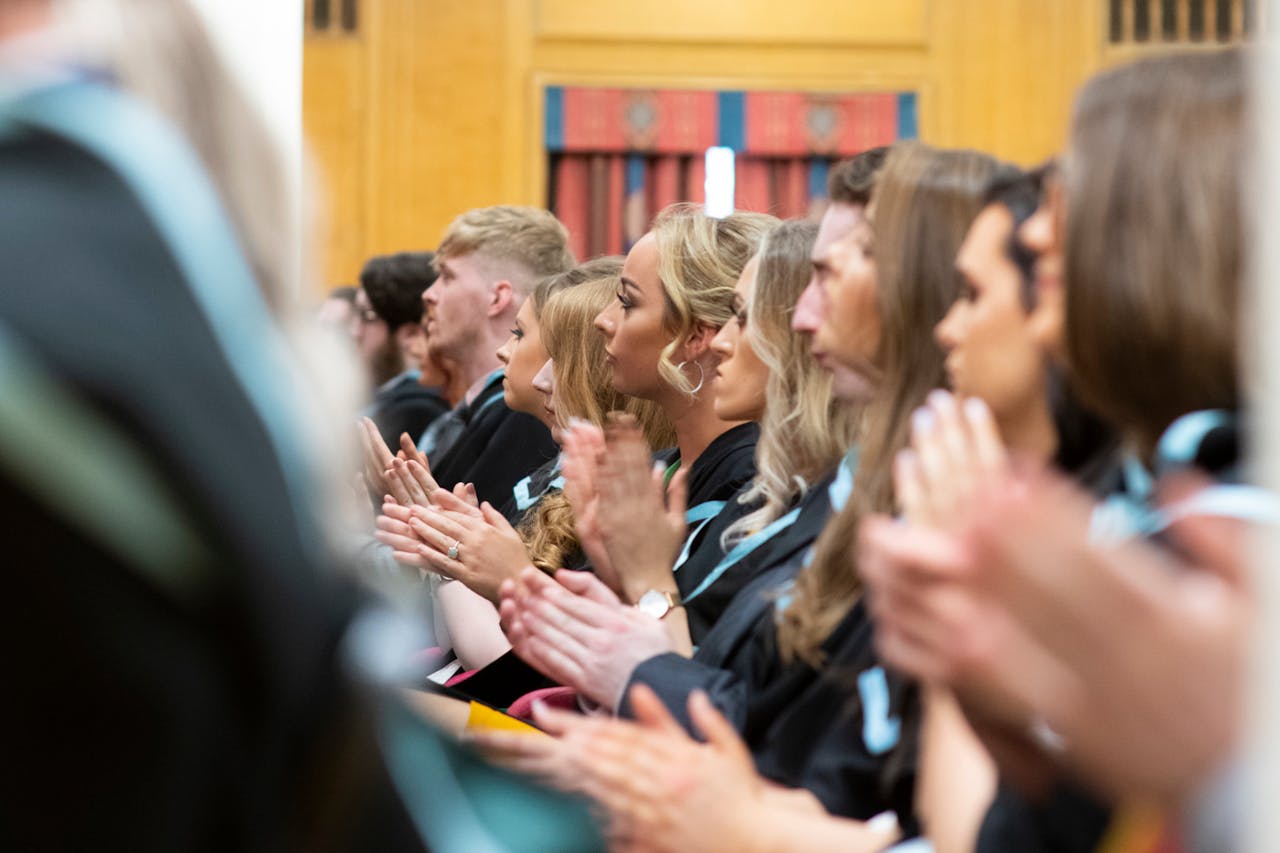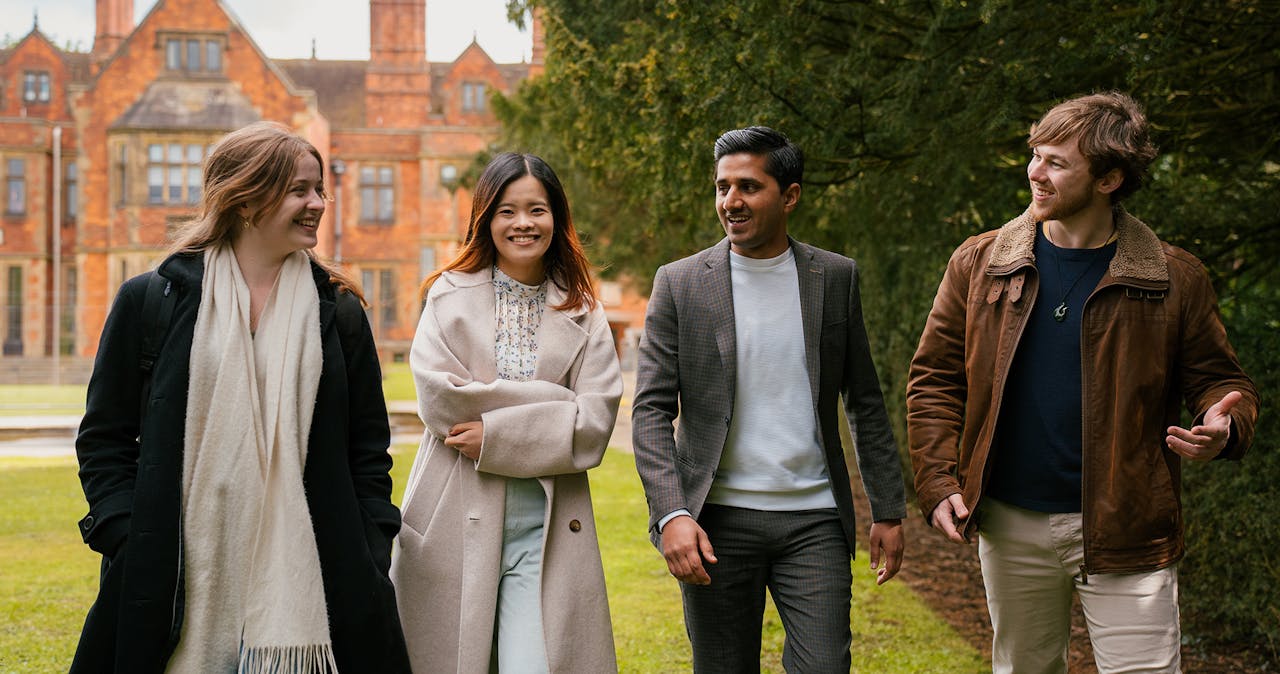Lots of choice, lots of research!
There are 10 universities in Scotland that offer the LLB (see map above), which of course means that students can use all 5 choices and still have only applied to half the options. On the other hand, this does mean that they need to research their options carefully.
Encourage students to start by checking if they meet the entry requirements. The standard entry requirements at the various LLB providers range from ABBB to AAAAAA for Scottish Highers and BCC to A*AA for A Levels for 2022 entry, so there is scope for making both aspirational and safer choices. Some students may be eligible for adjusted offers or offers at the minimum entry requirements depending on whether they meet certain widening access criteria. These criteria will vary too, so ensure students do not assume that they only need to check with one university. A good example is being a young carer: some universities use this in their top-level contextual admissions policy, while others do not consider it at all.
Students will also need to check if there are any other specific entry requirements. Most LLB courses ask for English or a ‘literary subject’ at Higher/A-level but some require National 5/GCSE Maths or a science subject too. Currently, the University of Glasgow is the only Scottish university that requires students to take the Law National Aptitude Test (LNAT) before applying and uses students’ scores to help filter the applications. For students who are keen on Glasgow and need to take the LNAT, we always recommend that they use the free resources and practice tests available on the LNAT website, rather than paying for other resources or tutoring.
If students are struggling to work out if they are eligible for a course or not, remind them that the admissions staff will be very happy to clear things up. Most university websites will have an enquiry form or contact email address and this is typically the best way for students to make sure that their question is directed to the right place. If the enquiry is specifically about widening access criteria, it may be better for them to contact the university’s widening access/widening participation team directly and again, the contact details should be available through the website.
Alongside the entry requirements, students should also consider the variety of courses available, which leads on to my next point.



